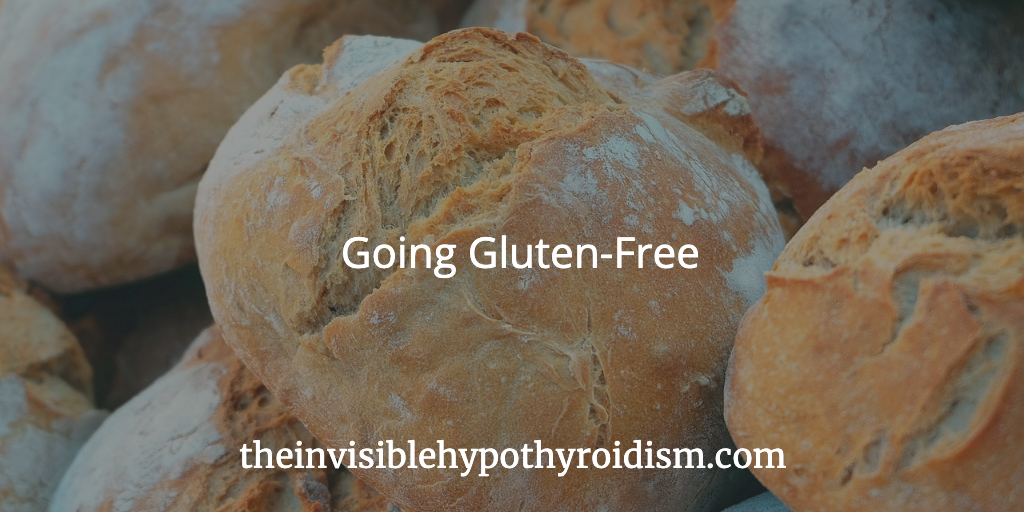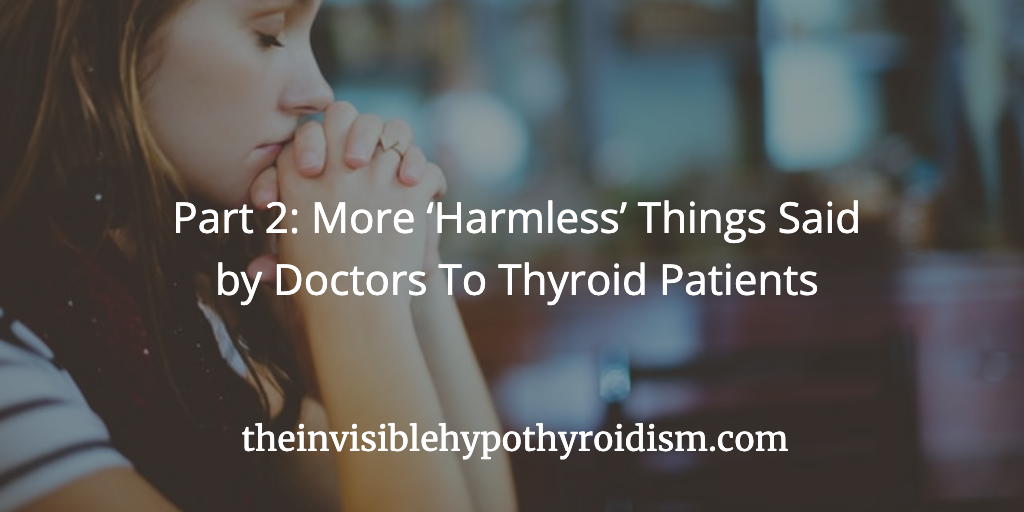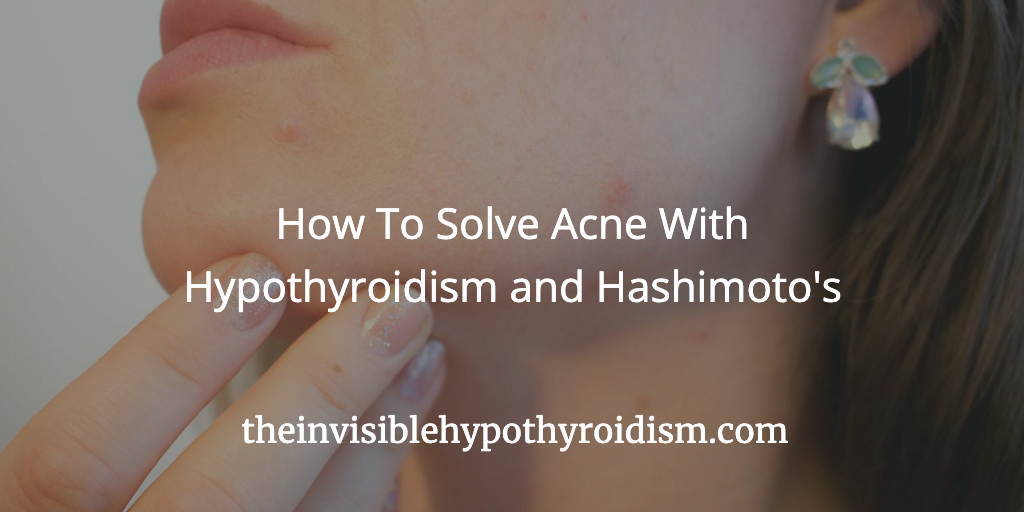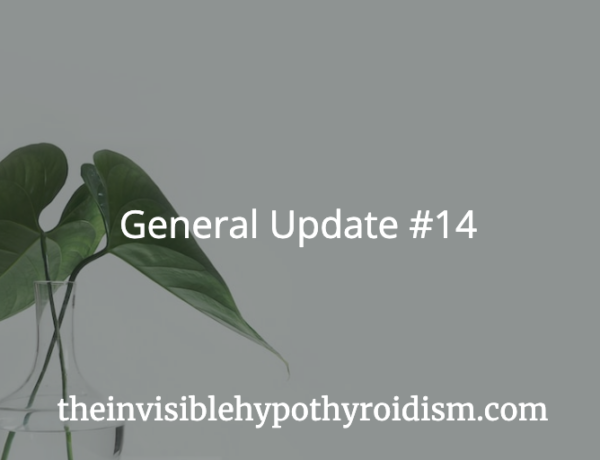See also: Why is Gluten ‘bad’?
I decided to go gluten-free due to having Hashimoto’s.
I don’t actually find it that difficult; avoiding gluten (most the time).
When I eat at home or prepare my own lunch to take with me on work days, it’s simple. A problem arises when I eat out with friends or on special occasions, or round a friend’s house. I feel paranoid about gluten lurking everywhere, and since I’ve been told by other thyroid patients that after eating even a little bit, the gluten hangs around in the body for as long as six months, I guess I’m paranoid that I’ll try really hard to be gluten-free and then inevitably fail when cross contamination occurs, such as eating out, anyway. But, unless I refuse to ever eat outside my house again, or to always take my own packed lunch, I think this is something I just have to live with.
See also: Going Gluten-Free: A How-To Guide
Consciously going gluten-free and trying my hardest with it is at least a big step for my health on its own. My hypothyroidism is no joke to me, and I think I owe it to my body to try anything that might help.
I’m hoping being gluten-free might also help the stomach troubles I’ve been having the past few months, my stubborn high cortisol, acne, fatigue, brain fog and of course bringing my thyroid antibodies down to preserve my thyroid gland for as long as possible.
So, How Have I Found it?
I find that gluten-free for me is actually quite simple, in terms of the foods I can and can’t eat. The last time I did it, I realised I could cope just fine without bread, pastries, pasta, pizza etc. and whereas I thought I loved those things, not having them was actually quite easy. Even when I went back to eating gluten, I never craved or wanted those foods.
For me, it’s the gluten in things like soy sauce, salad dressings, condiments and gravy, that are harder to avoid. The things you commonly don’t think about as having gluten in. But, if anything, it makes you much more health aware and conscious of what you’re putting in to your body. You’re less likely to use processed foods and actually read allll the stuff that goes into the ingredients of what you buy. You make more from scratch and appreciate food more.
I’ll give you an update in a few months time to let you know if it helps my symptoms of stomach issues, brain fog, fatigue, high cortisol, acne etc.
See the next blog in this series.
See a newer blog: 9 of My Thyroid Symptoms That Improved by Going Gluten-Free
You can click on the hyperlinks in the above post to learn more and see references to information given, but more reading and references can also be found at:
Cookbooks For Gluten-Free:
Gluten Is My Bitch: Rants, Recipes, and Ridiculousness for the Gluten-Free
The Gluten-Free Cheat Sheet: Go G-Free in 30 Days or Less
The 30-Minute Thyroid Cookbook: 125 Healing Recipes for Hypothyroidism and Hashimoto’s
NOSH Gluten-Free: A No-Fuss, Everyday Gluten-Free Cookbook
You can click on the hyperlinks in the above post to learn more and see references to information given.





